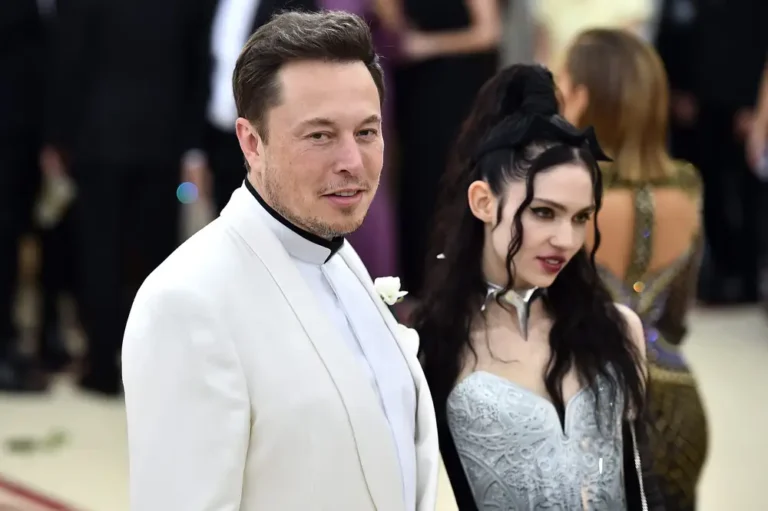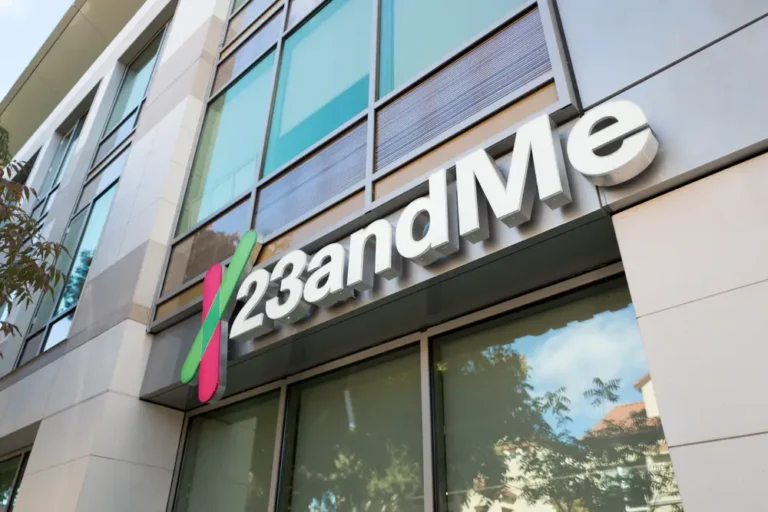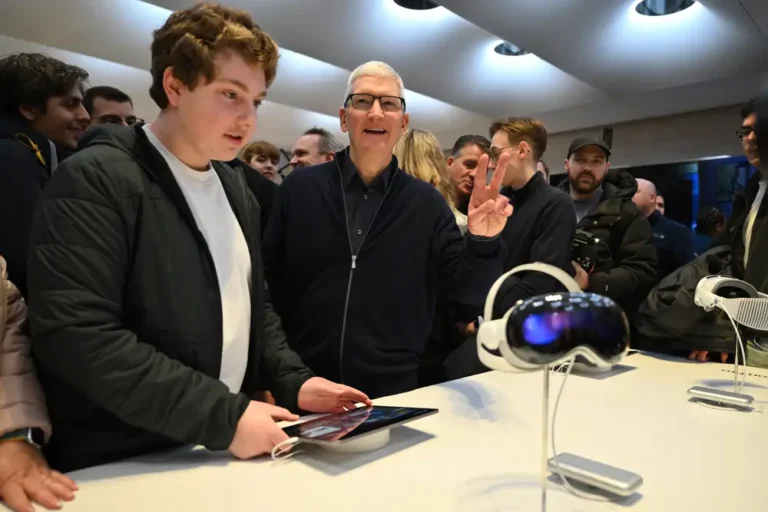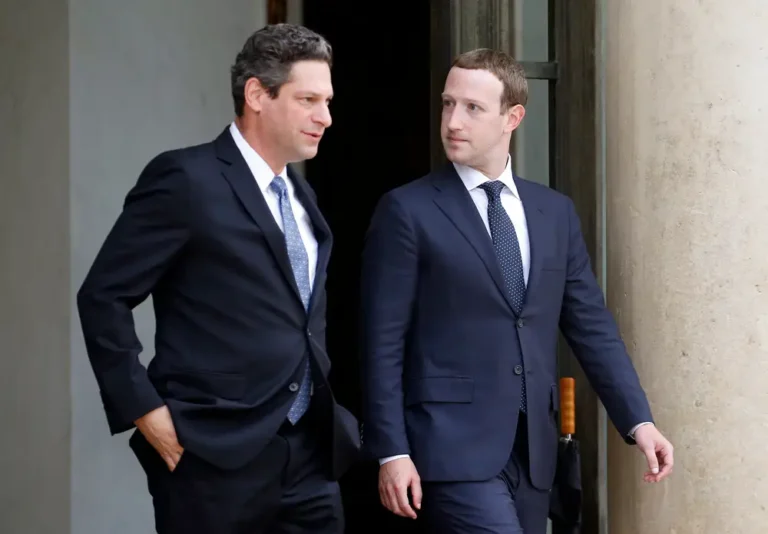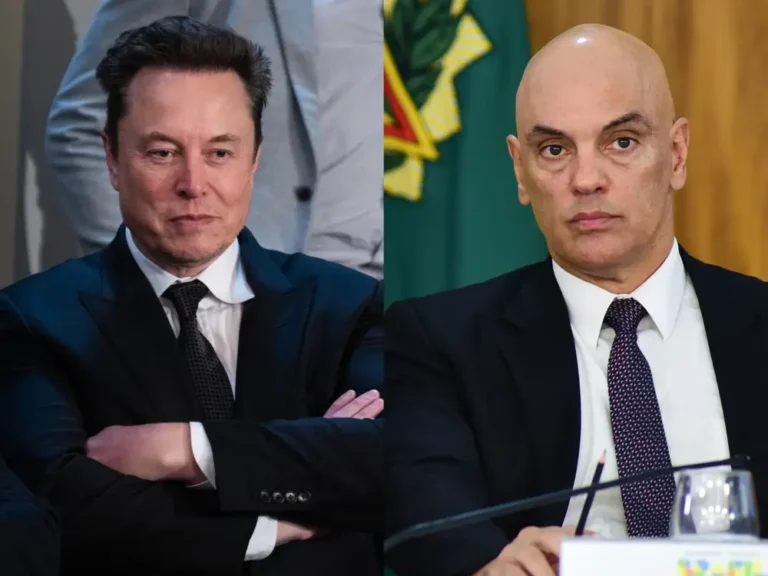Elon Musk is considering taking X out of Europe amid EU compliance investigation
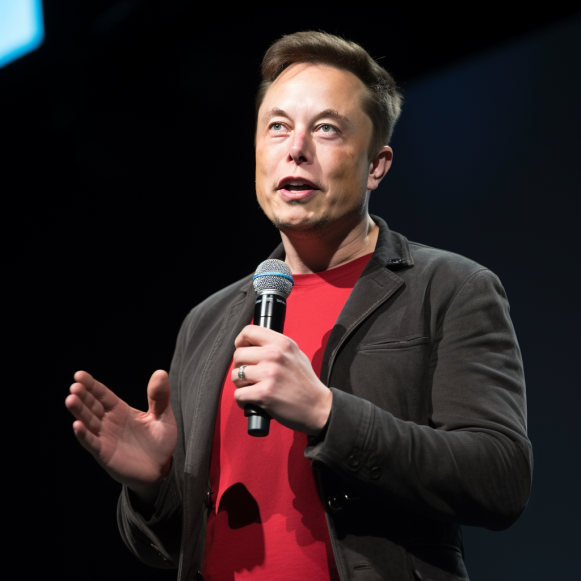
- X faces increased scrutiny in Europe over its handling of harmful and toxic content.
- Elon Musk has floated solving the problem by simply removing the app from the region.
- It’s not the first time he’s suggested dramatically reducing access to the app.
Elon Musk has recently suggested that X may cease to be available in Europe in order to avoid new European Commission regulations.
According to a person familiar with the company, Musk has grown increasingly frustrated with having to comply with the Digital Services Act. According to the source, the Tesla billionaire, who purchased Twitter a year ago for $44 billion and rebranded it to X, had discussed simply removing the app from the region or blocking European Union users from accessing it. This is similar to how Meta is preventing people in Europe from using its new app, Threads.
The DSA went into effect in August, and it requires large online platforms like X to have effective and transparent systems in place to moderate and remove false, misleading, and harmful information. With a wave of misinformation about the Israel-Hamas conflict quickly spreading on X, the platform is most likely already in violation of the DSA.
According to EU Commissioner Thierry Breton, the European Commission is officially “investigating X’s compliance” with the new law and has formally requested detailed information from the platform on its actions to mitigate and remove harmful or toxic information.
If X is found in violation of the DSA, it may face a fine. The commission has the authority to levy “periodic penalty payments” of up to 6% of a company’s global revenue on a regular basis.
Musk has fired the majority of X’s trust-and-safety team, which formerly consisted of hundreds of people tasked with moderating and overseeing platform content.
This is not the first time Musk has suggested severely limiting the app’s reach. Almost immediately after acquiring the company, he proposed limiting X’s operations to only the United States as a cost-cutting measure, according to two other people familiar with the company.
“That’s part of the reason he gutted international teams the first chance he got,” one source said, referring to the thousands of employees Musk has laid off or fired since taking over the company.
Musk announced earlier this year that he would close nearly all of the company’s roughly two dozen global offices, including the majority in Europe and India, as well as those in Australia, Africa, and South Korea. At the time, Musk proposed that the platform, which was still known as Twitter, operate only in the countries where it was most popular, namely the United States, the United Kingdom, and Japan.
Multiple requests for comment from Musk and an X representative went unanswered. The platform’s press line receives an automated response that says, “Busy now, please check back later.” After the report was published, Musk called it “utterly false” in a post on X, adding, “They are not a real publication.”
A European Commission representative did not immediately respond to a request for comment.
Though Musk has yet to withdraw X from any country, one of the sources said that there were essentially no employees left in Europe, as offices in Paris, Madrid, and Berlin had closed. Dublin, on the other hand, remains open. London, as well, with the UK leaving the EU and proposing separate obligations for large platforms.
According to Apptopia data, Europe accounts for about 9% of X’s global monthly active-user base, though daily use has dropped significantly in the last three months, falling between 10% and 40% across the region. Downloads and usage are down in almost every country where the app is available.
Employees at X have learned that any idea from Musk, no matter how illogical it appears, can quickly become a reality. One of his early ideas was to charge people to use the platform, which is now being implemented. And Musk is known for his erratic behavior. According to one person familiar with the company, Musk had lost patience with the situation after meeting with Breton at least twice this year about what X needed to do to comply with the DSA.
On X, Musk appeared to respond sarcastically to Breton’s post about X’s DSA compliance, insisting he didn’t understand what was being asked of him. He later stated that he would not engage in “backroom deals.”
“He’s very quick to drop the hammer on anyone he doesn’t like,” one of the people familiar with him said, “or who says something that he views as challenging him.”

